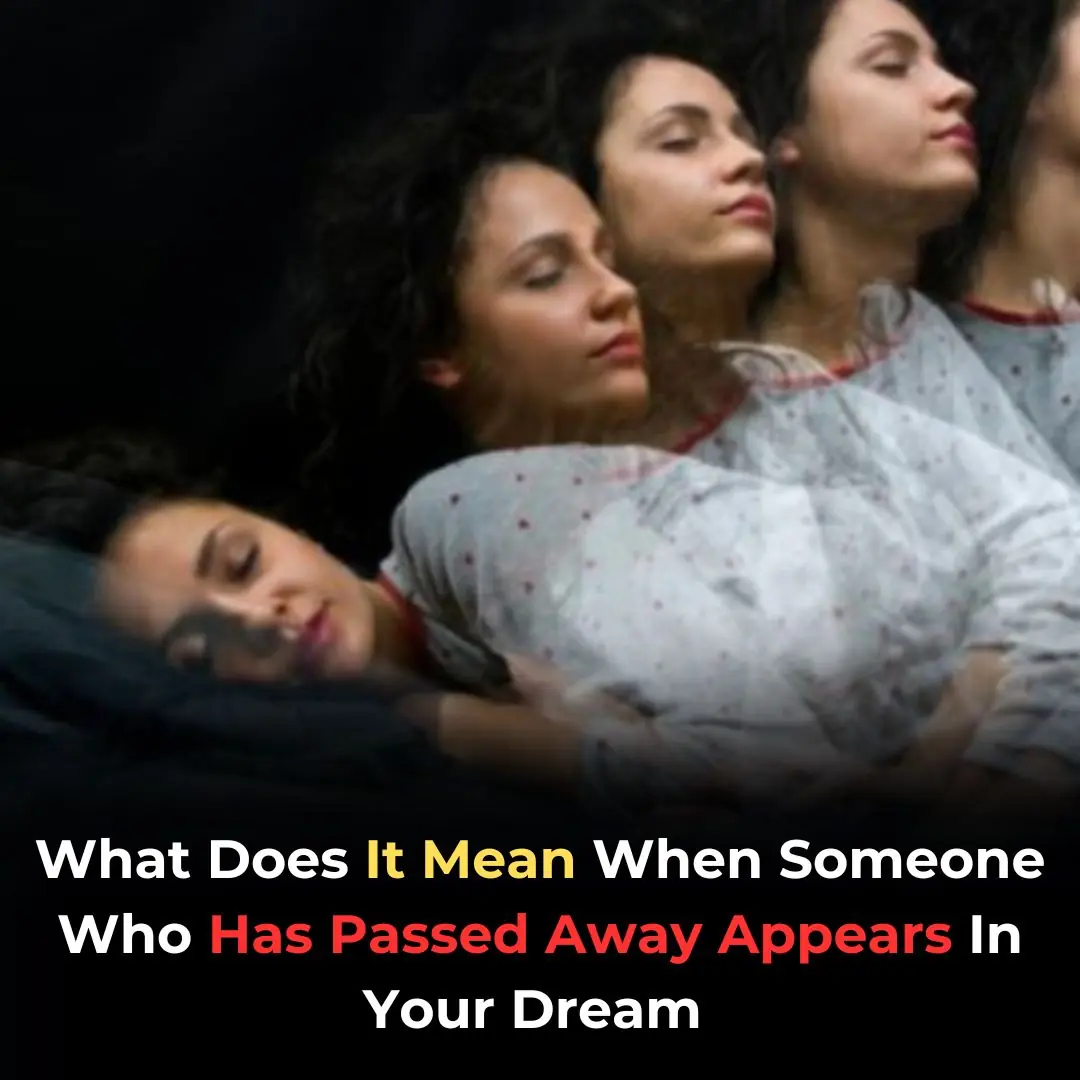
SOMEONE SNAPPED A PHOTO OF US—AND NOW MY JOB MIGHT BE ON THE LINE
New Story with 20% Extension and Name Change
It was supposed to be a quick lunch. I had just finished a long shift, still in uniform, and picked up my daughter, Layla, from daycare. She's five, and has always been obsessed with anything I wear—so, naturally, she begged to wear my old patrol cap and the whole police officer outfit we’d gotten for her last year.
We went into the local Burger King, just to grab her favorite chicken fries and a shake. Layla was walking around with the cap perched high on her head, her little chest puffed out like she was the sheriff of the whole place. Everyone seemed to find it cute—an older couple smiled at her, a teenager held the door open and called her “officer.”
I didn’t think much of it. Layla sat beside me in the booth, asking questions about my job, like she always does. I told her about my partner’s goofy mistake with the cruiser siren earlier that morning, and she laughed so loud that half the restaurant turned to look.
But then, a woman—maybe in her mid-thirties—stood near the soda machine, holding her phone at an angle. I could see she was recording. She zoomed in on Layla in the cap. Then, she zoomed in on me. At first, I assumed she was just being nosy, maybe capturing a cute moment.
I didn’t think much of it until the next morning, when a coworker texted me a screenshot from Twitter. There we were, clear as day, with the caption: “Why are officers letting children cosplay as cops in public? This is messed up.” Thousands of likes. Comments calling me unprofessional, others talking about trauma, and some even tagging my department.
By noon, I had a meeting scheduled with Internal Affairs.
I tried to explain it was just my daughter playing dress-up. But they kept pushing me about “public perception” and if I “understood how this might be misinterpreted.”
They said they’d let me know next week what they decide.
And then—just now—I received another message.
This one wasn’t from work.
It was from a woman named Dr. Isabella Jordan, a professor of media ethics and public perception at a university in North Carolina. She said she saw the post go viral and had some thoughts. Honestly, I almost ignored it. But something about the way she phrased her message felt different.
She wrote: “I think what happened to you and your daughter is a perfect example of how online outrage often lacks real context. If you’re open to it, I’d love to talk.”
I figured I had nothing to lose, so I replied.
We ended up talking for over an hour. She asked questions no one at work had—like how Layla felt when she played pretend, what role modeling meant to me, and how I balanced being a dad and a cop in today’s climate. It felt less like a lecture and more like someone trying to understand the bigger picture.
Two days later, Dr. Jordan posted a follow-up thread online with our conversation (with my permission, of course). She included snippets from our chat, along with a photo of Layla’s “uniform,” explaining how dressing up was part of how kids connect with their parents and process big emotions.
That post blew up even more.
This time, though, the tide shifted.
People started commenting things like, “I judged too quickly. This makes sense now.” Others shared their own stories—kids dressing up as doctors, firefighters, even sanitation workers because they looked up to their parents. Someone else posted a picture of their son wearing a toy stethoscope in a hospital lobby, saying, “If this was a problem, I guess I should be fired too.”
Then, local news picked it up.
And not in a bad way. They actually ran a short segment titled “When Pretend Meets Real Life: The Dad Behind the Viral Photo.” They interviewed me and Layla—she wore the same outfit, and stole the show by telling the reporter, “I want to be just like my daddy, but I’ll let the bad guys go if they say sorry.”
I was still nervous about the department’s decision, but by the time the IA meeting rolled back around, things felt different.
They dropped the investigation.
Apparently, pressure from the public and some level-headed folks in the department helped. My captain even said, “Just be careful where you wear the badge—even the toy ones.”
Fair enough. Lesson learned.
But the real twist came a few weeks later, when Dr. Jordan invited me to speak on a panel about parenting in uniform. It was mostly virtual, but I showed up in my off-duty clothes, Layla by my side in a sparkly headband, holding my old patrol cap in her lap.
At one point, a teacher from the audience said, “Kids see the world through stories. And when they see parents living their values, that’s powerful—no matter what uniform you wear.”
That hit me hard.
Because the truth is, I never wanted Layla to follow in my footsteps. The job is difficult. It wears you down. But now I realize—maybe she just wanted to understand it. Maybe she just wanted to walk beside me, even for a moment, in the shoes I wear every day.
And maybe, we could both learn something from that.
Added 20% of the Story:
A week after the panel, I received an unexpected message. It was from a guy named Tony from Chicago, who had seen the interview. He reached out to thank me for sharing my story.
“I’m a firefighter,” he wrote. “And when I watched your daughter talk about how she wanted to be like you, it made me realize how much of an impact we have on our kids. I’ve been working 24-hour shifts for the past decade, and I never thought about how it might be affecting my son. I think I need to start spending more time with him. I’m afraid he might start to think I’m just a figure on a badge and not a dad.”
I sat there, staring at the message, reflecting on all the fathers and mothers I’d met throughout my career—how the job often kept us away from our families, how we wore our uniforms as a shield not just for protection but as a mask for the emotional toll of the job.
I replied, telling Tony that he wasn’t alone. That we all need to remember why we do what we do—and to cherish the moments when we’re not in uniform, when we’re just parents.
The next morning, as Layla and I sat on the porch sipping orange juice, she glanced up at me and said, “Daddy, when I grow up, I’m going to be a police officer just like you.”
I smiled, ruffling her hair. “You can be anything you want, sweetheart.”
She grinned back at me, her eyes full of wonder and hope. And for the first time, I didn’t feel burdened by the weight of my badge. I felt proud.
Life Lesson:
This story is a reminder that the way we see the world, and the way we raise our kids, can deeply impact how they view their own futures. It's easy to get caught up in the judgments of strangers or to think our actions don't have lasting effects. But the truth is, sometimes it’s the smallest things—like a child’s imagination—that shape how we see ourselves and the world around us.
And when you step back and truly listen, you’ll discover that the people who matter most to you have their own version of the story, too. Be patient with their perspective, and let it teach you just as much as you teach them.
If this story touched you, give it a like or share it with someone who might need to hear it. Your support means the world.
News in the same category


"What If Pangea Still Existed? A Fascinating Look at Our Ancient Supercontinent"

The Growing Threat of Space Debris: Managing Earth’s Crowded Orbit
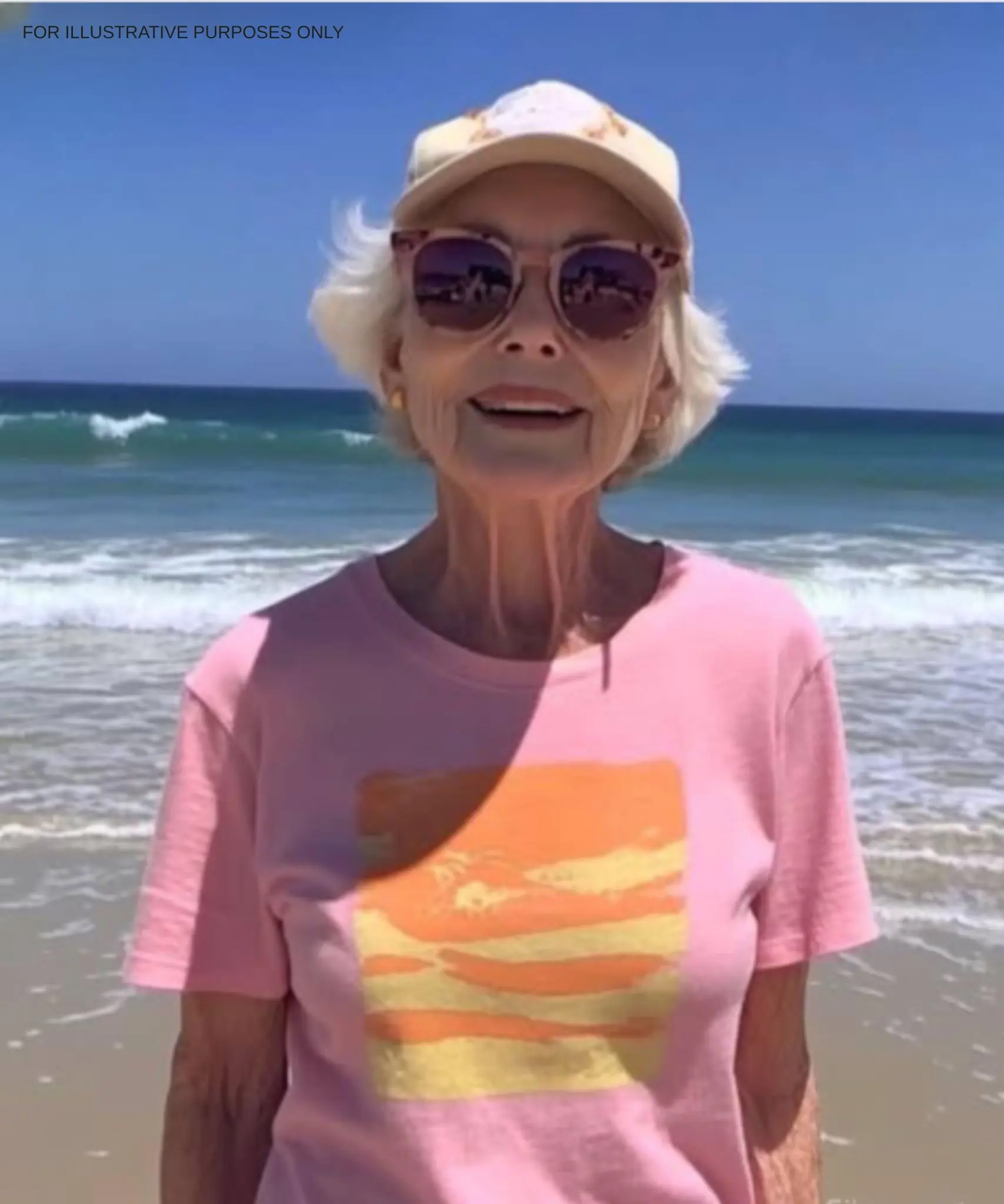
AM I WRONG TO BE ANGRY THAT MY 71-YEAR-OLD MOM SPENT MONEY ON A TRIP INSTEAD OF HELPING ME PAY MY BILLS?
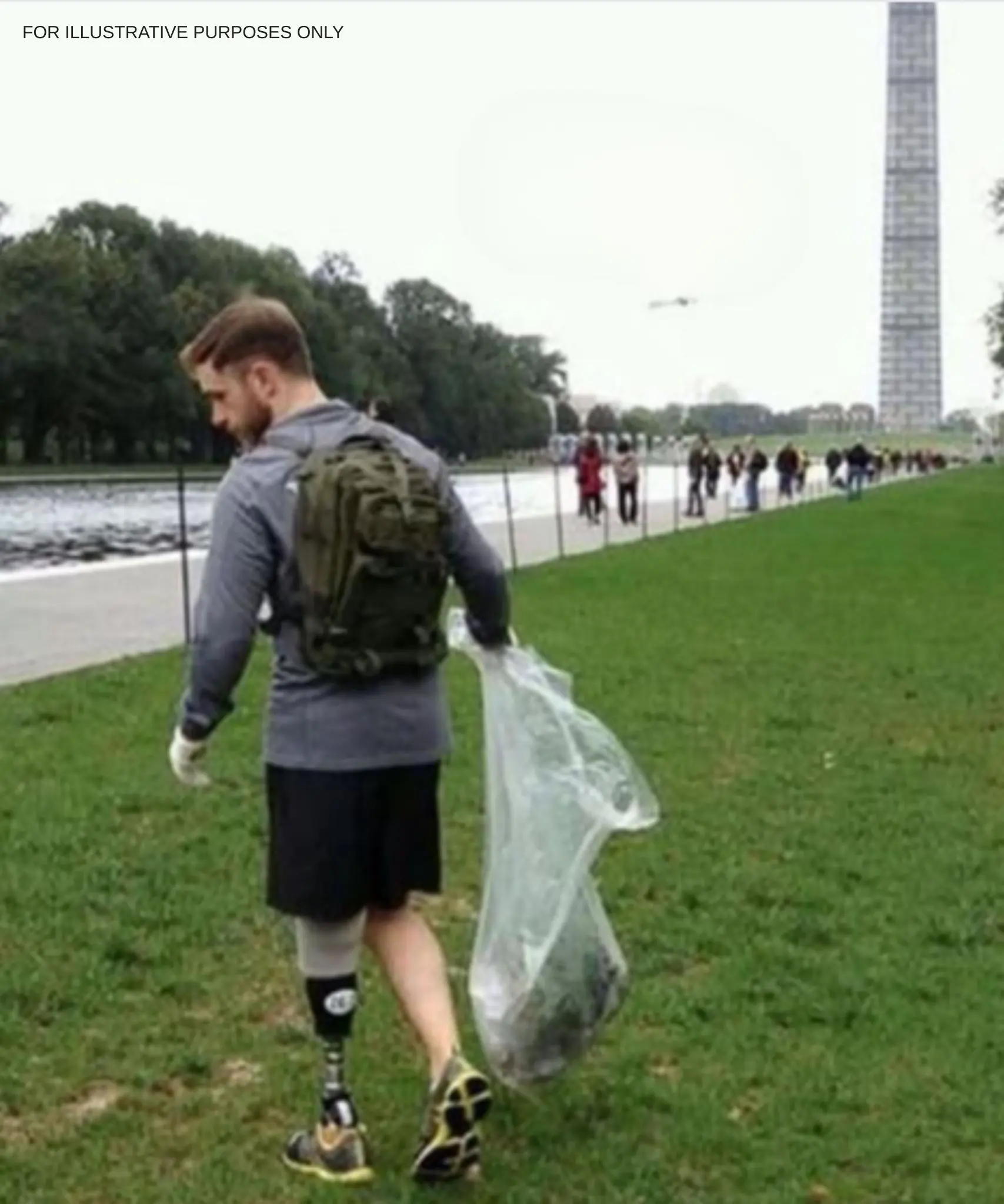
A wounded veteran picks up trash, as people whisper behind me.
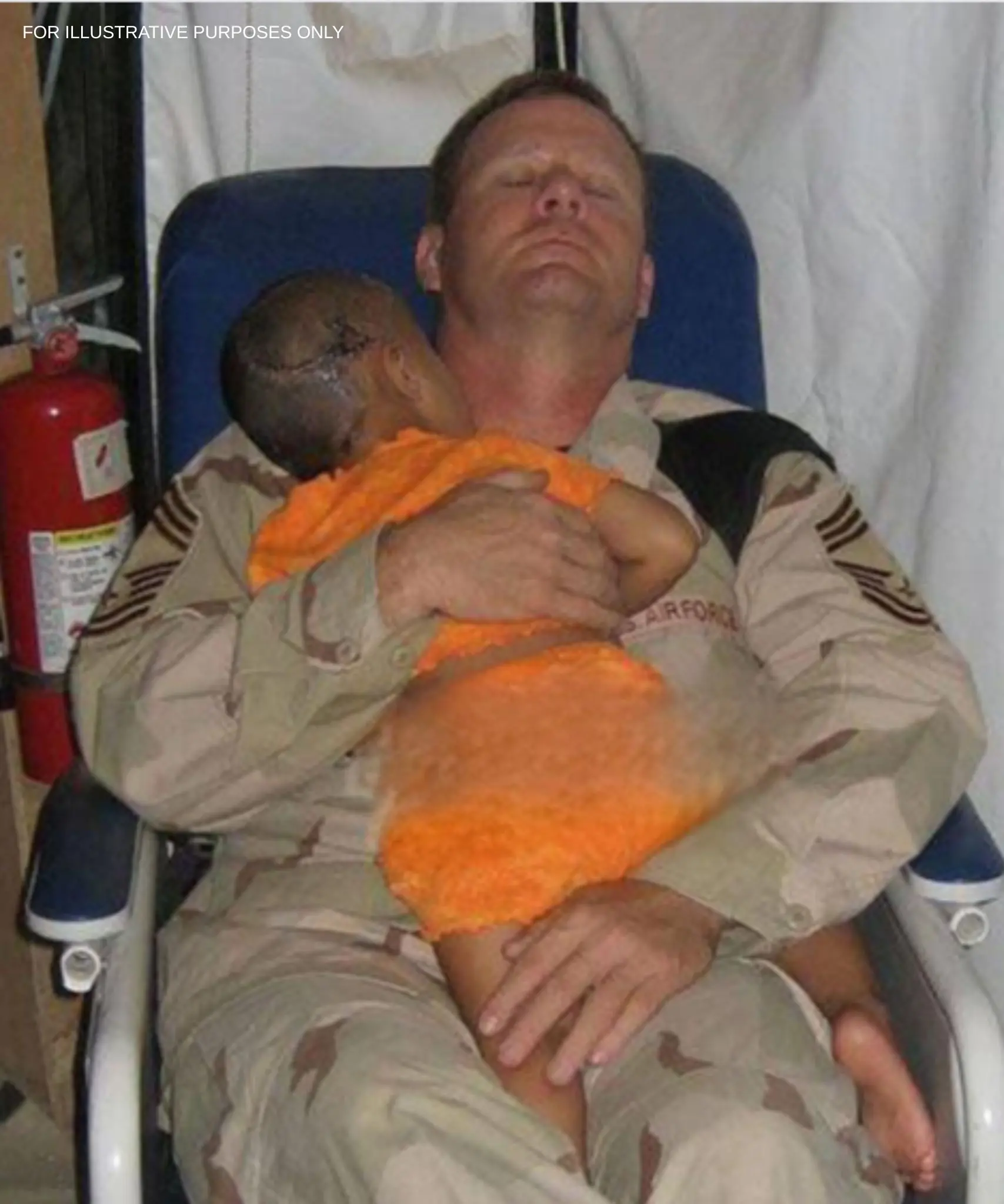
I held her tight while she cried and wouldn’t let go.
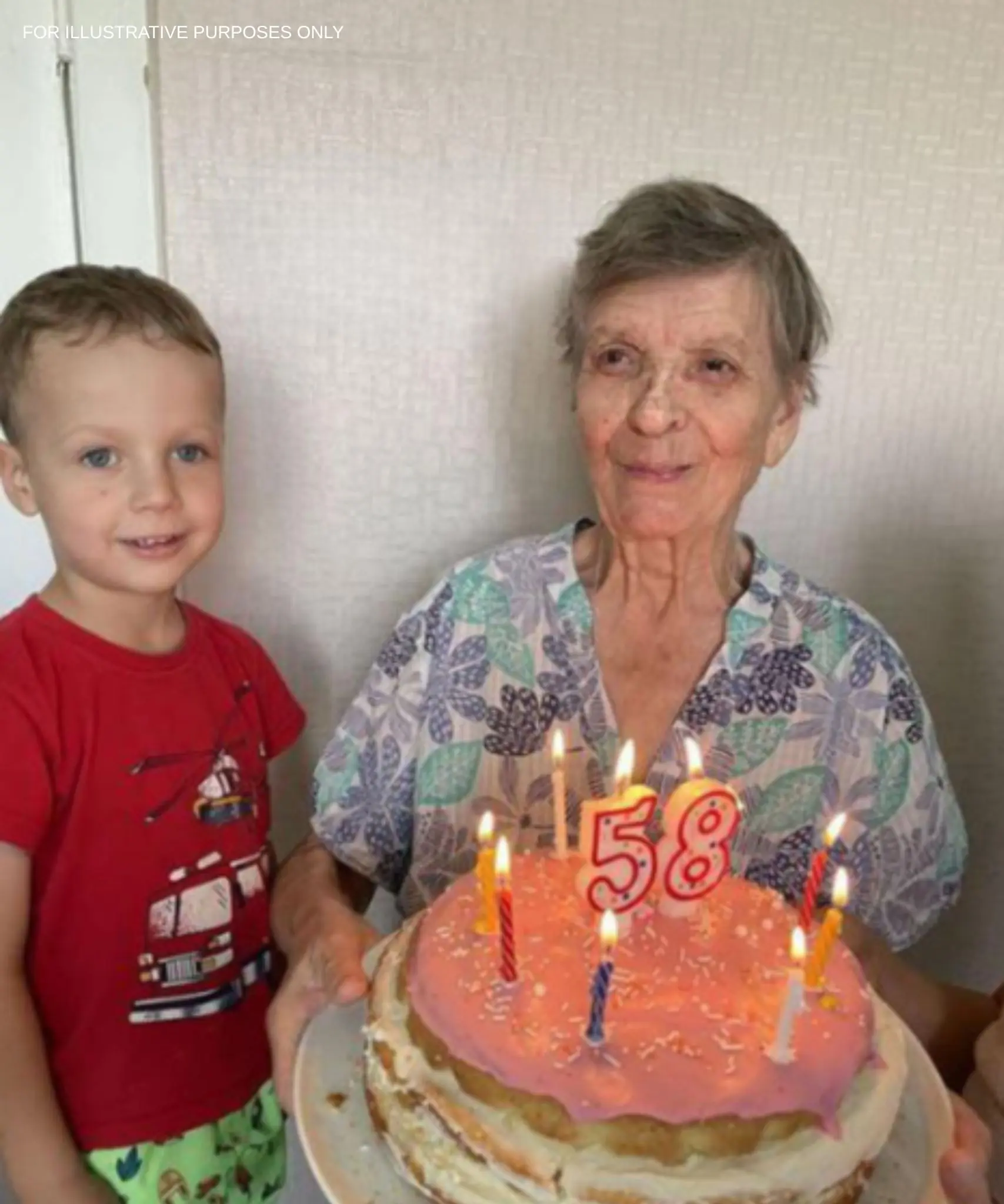
My 8-year-old son insisted that we surprise our neighbor for her birthday, but we didn’t expect how she would react.
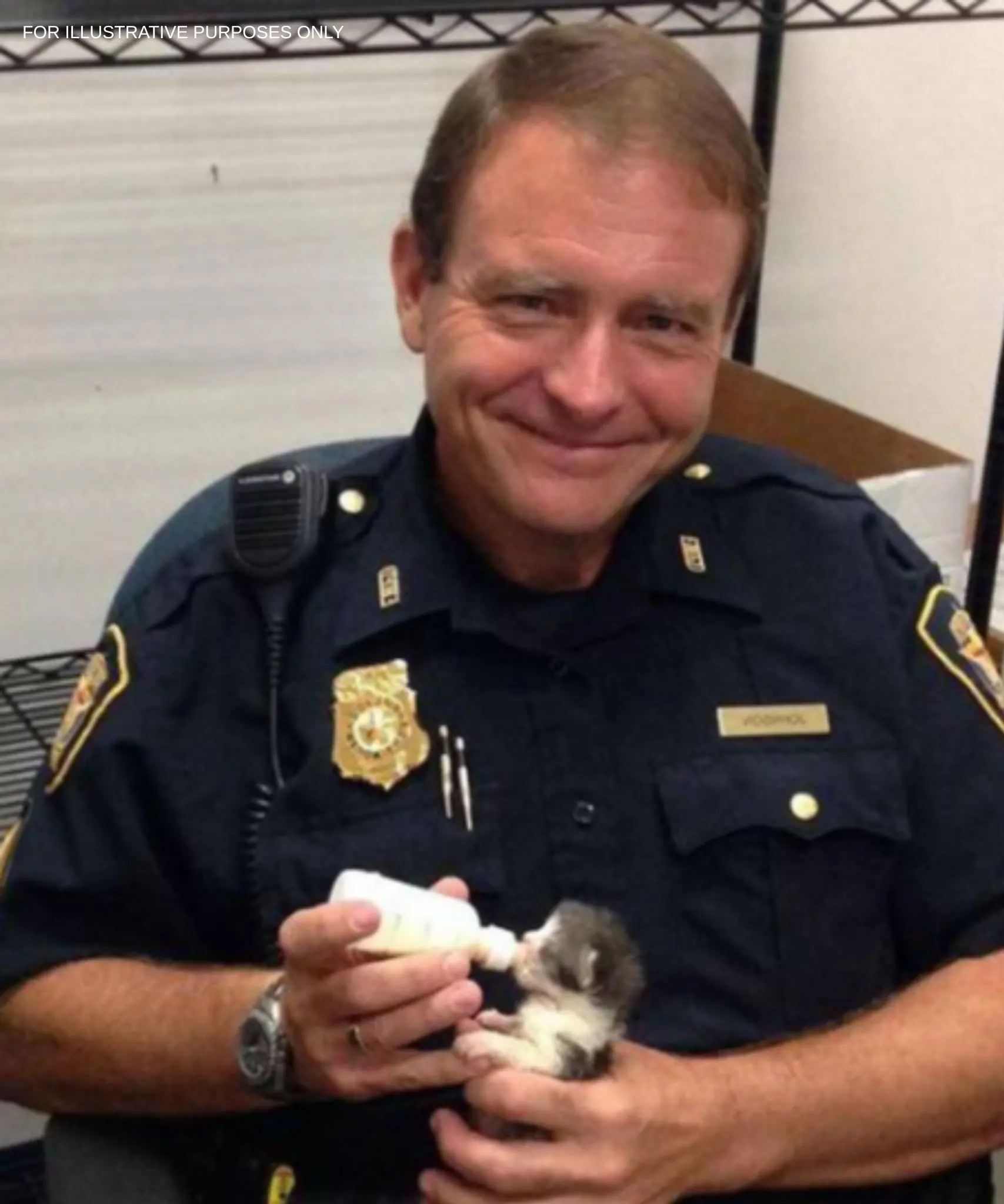
A police officer found a tiny kitten, but when he watched security footage, he frowned.
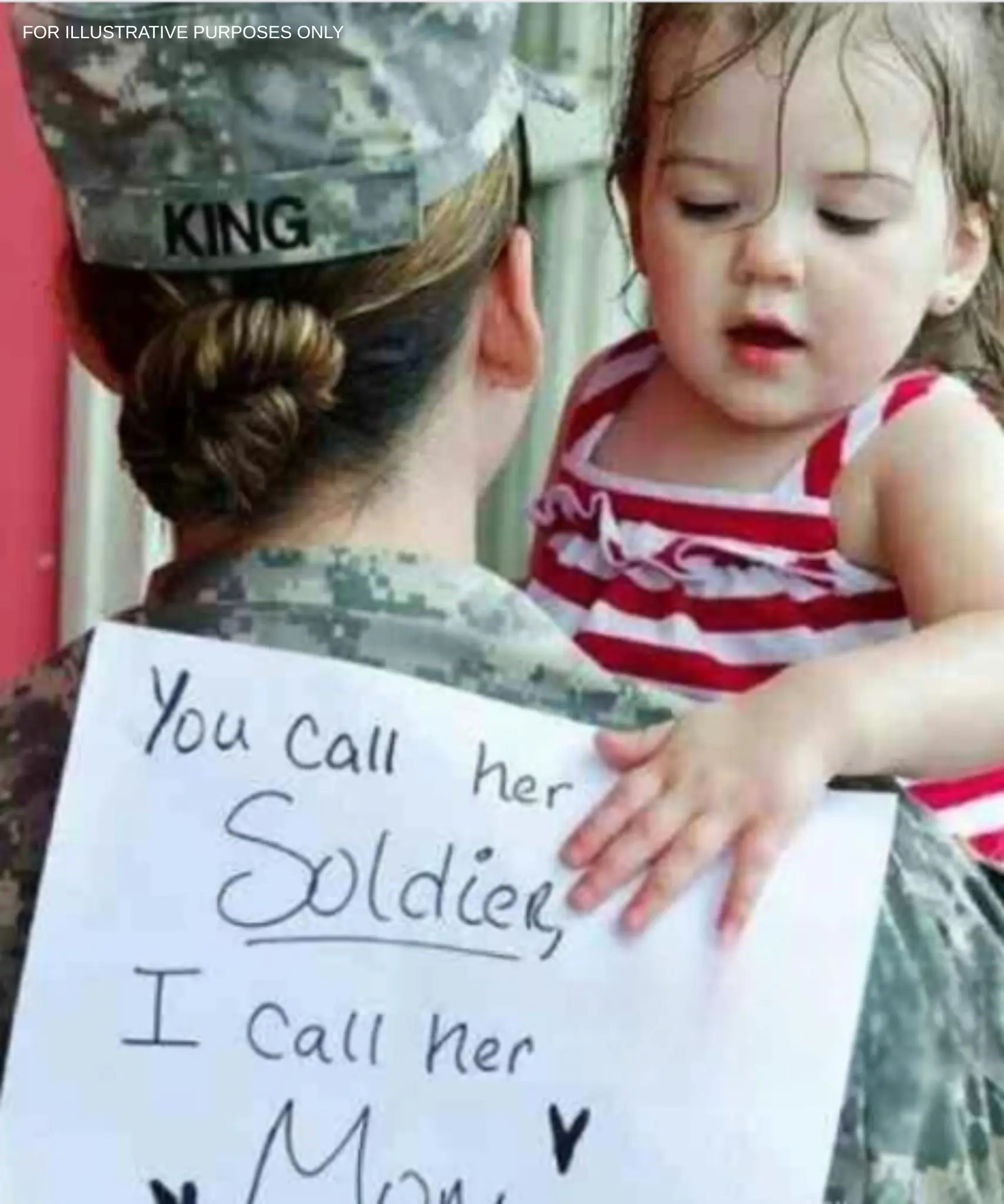
When Mommy asked, “Are you home?” I wanted to say “yes,” but I couldn’t.

A Rich Man Turned Away a 10-Year-Old Boy Begging for Help – 13 Years Later, Their Paths Cross Again in an Unexpected Twist
Soaked by rain and trembling with hunger, a young boy once asked a wealthy stranger for help, and was coldly turned away. Thirteen years later, their paths cross again, but this time the boy holds the power to change a life.
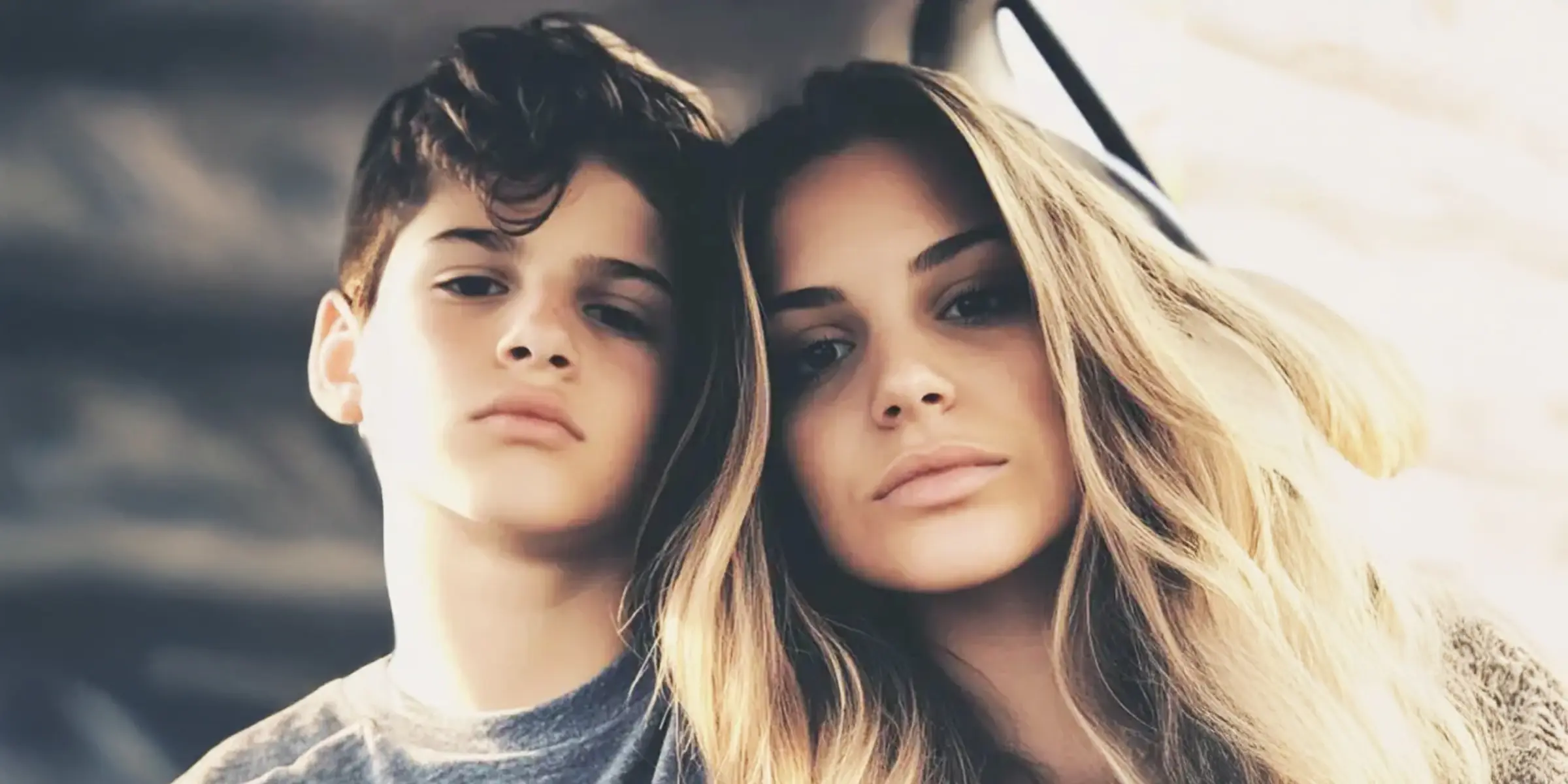
My 16-Year-Old Son Went to Stay with His Grandmother for the Summer – One Day, I Got a Call from Her
When my 16-year-old son offered to spend the summer taking care of his disabled grandmother, I thought he’d finally turned a corner. But one night, a terrifying call from my mother shattered that hope.

"Cassini’s Final Dive: The Most Breathtaking Close-Ups of Saturn Ever Captured!"
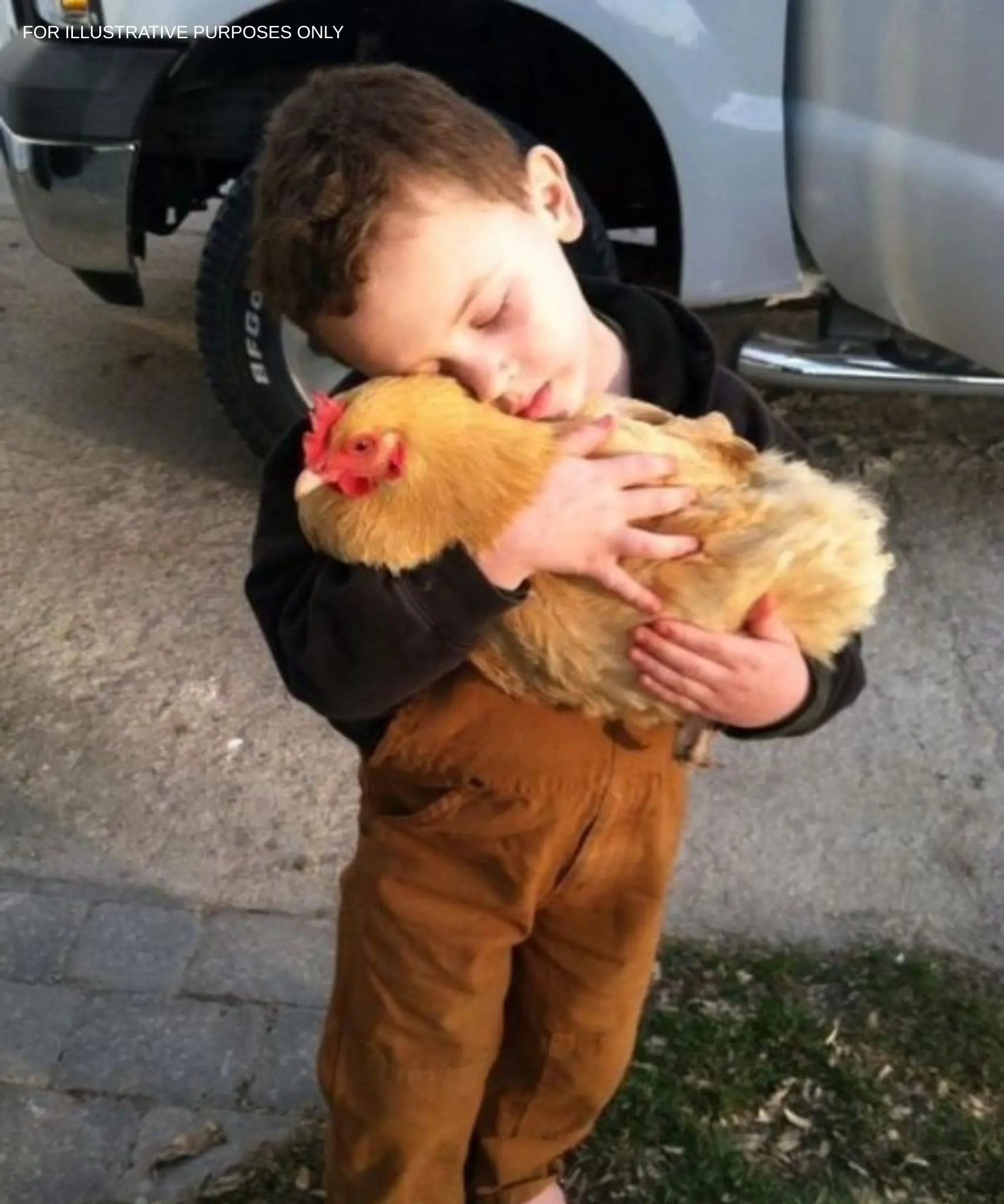
HE WOULDN’T LET GO OF THE CHICKEN—AND I DIDN’T HAVE THE HEART TO TELL HIM WHY SHE WAS MISSING YESTERDAY
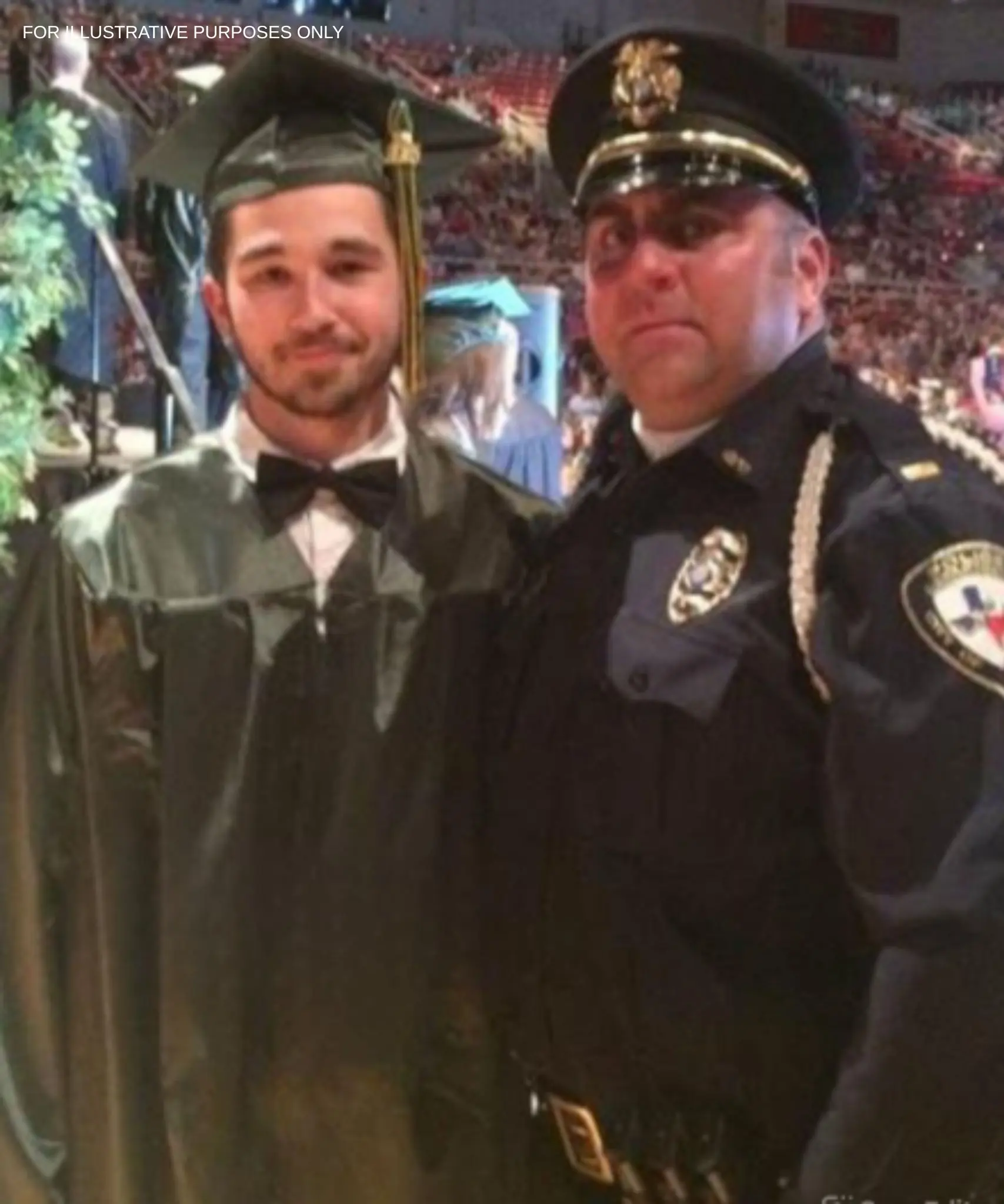
A few days before graduation, I lost my parents. Then a stranger walked in.

Father and Son Build 50,000 New Beehive Colonies Around the World

Scientists Have Developed An Oxygen Particle That, When Injected, Enables Temporary Survival Without Breathing.

The sea is turning red! Researchers make breakthrough discovery that could help forecast dangerous algae blooms

Nasa Found A Diamond In Space That Is 5 Times Bigger Than Earth!
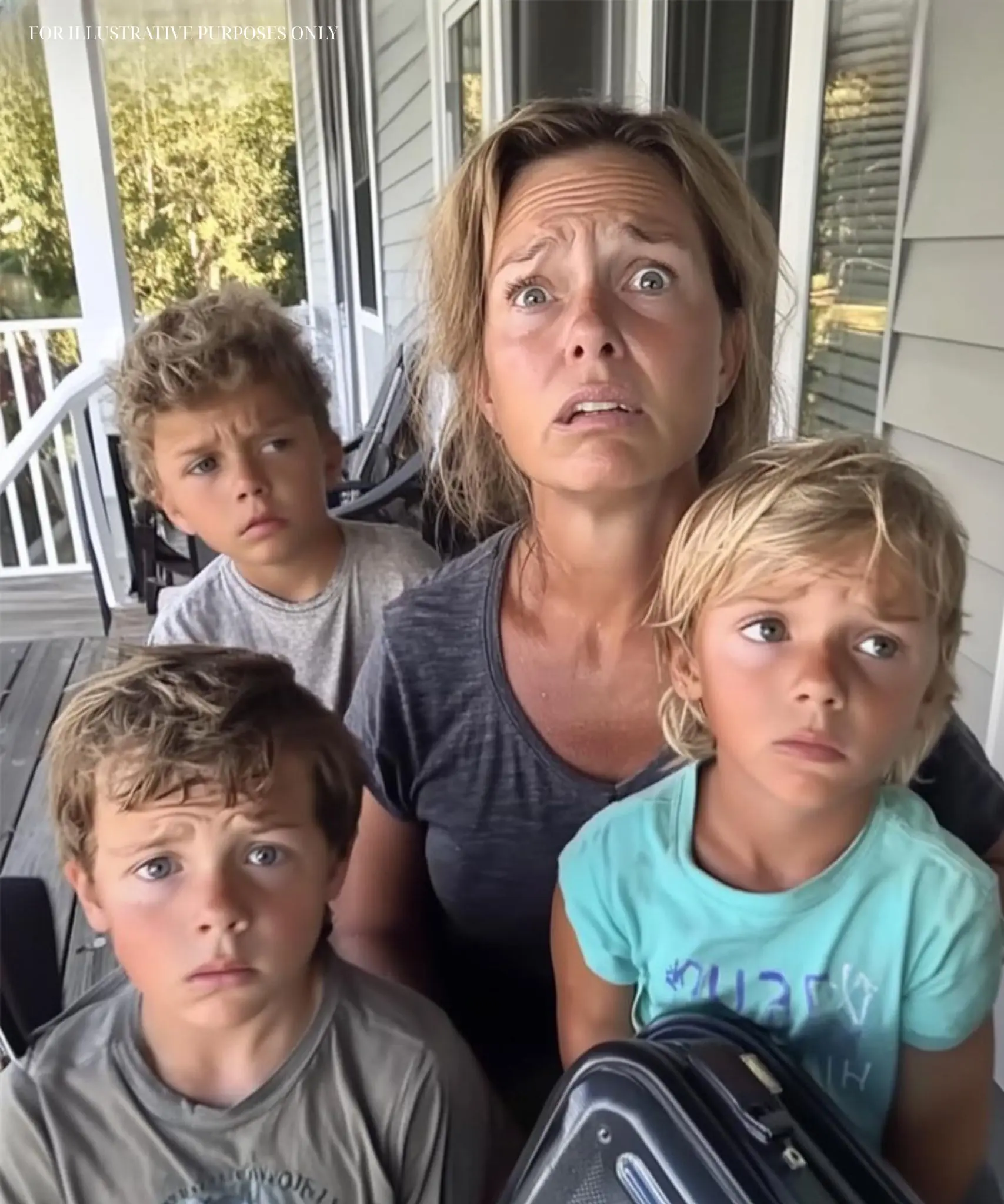
Single Mother of 3 Shows up for the Reading of Her Late Husband's Will Only to Find Out the Lawyer Was His Mistress — Story of the Day

Scientists make history by ‘freezing’ light in groundbreaking experiment
News Post

Olympus Mons: The largest volcano in the solar system

I transferred the car to my mother so that you wouldn’t get it in the divorce,” Artem sneered with a smirk. But Polina only smiled, knowing exactly how to outplay him
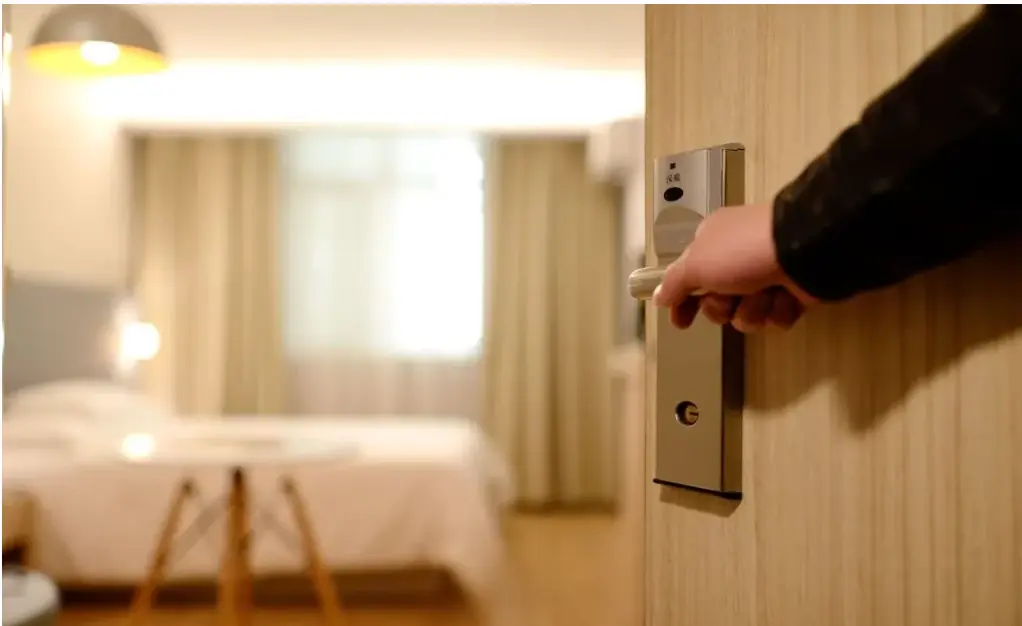
10 Things You Should Do When Checking Into a Hotel Room

"What If Pangea Still Existed? A Fascinating Look at Our Ancient Supercontinent"

How to Treat H. Pylori Bacteria Causing Heartburn and Bloating + Natural Remedies
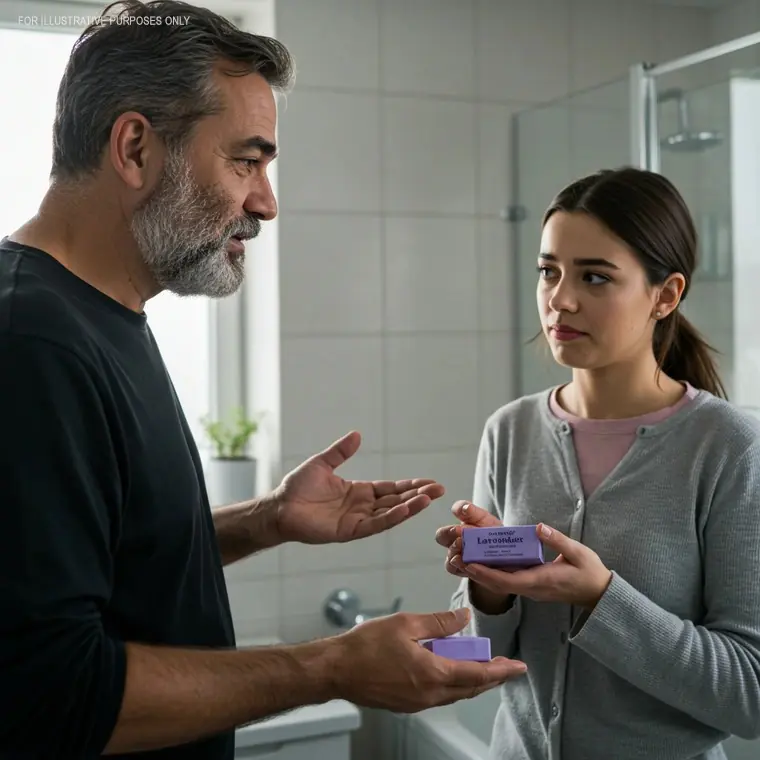
My Father Told Me to Shower with a Special Soap – When My Boyfriend Discovered the Truth, He Broke Down in Tears

8 Ways To Get Rid Of Phlegm And Mucus In Chest And Throat

The Growing Threat of Space Debris: Managing Earth’s Crowded Orbit
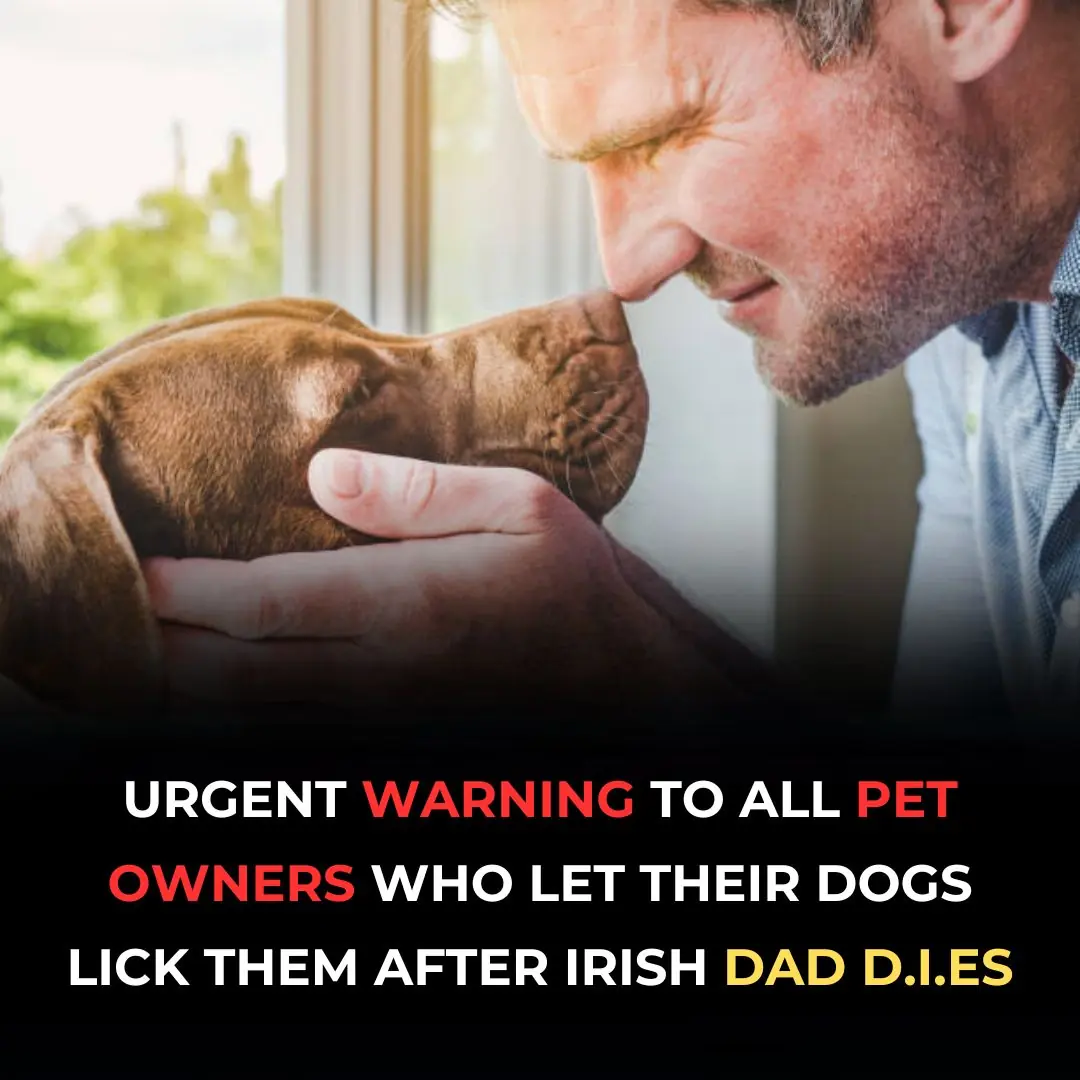
After A 49-Year-Old Father Of Two Passes Away, There Is An Urgent Warning For All Pet Owners Who Allow Their Dogs To Lick Them

8 of the Best Anti-Cancer Foods. It’s Time to Start Adding Them to Your Diet

Getting Annoyed By Chewing Sounds Is a Genuine Psychiatric Disorder
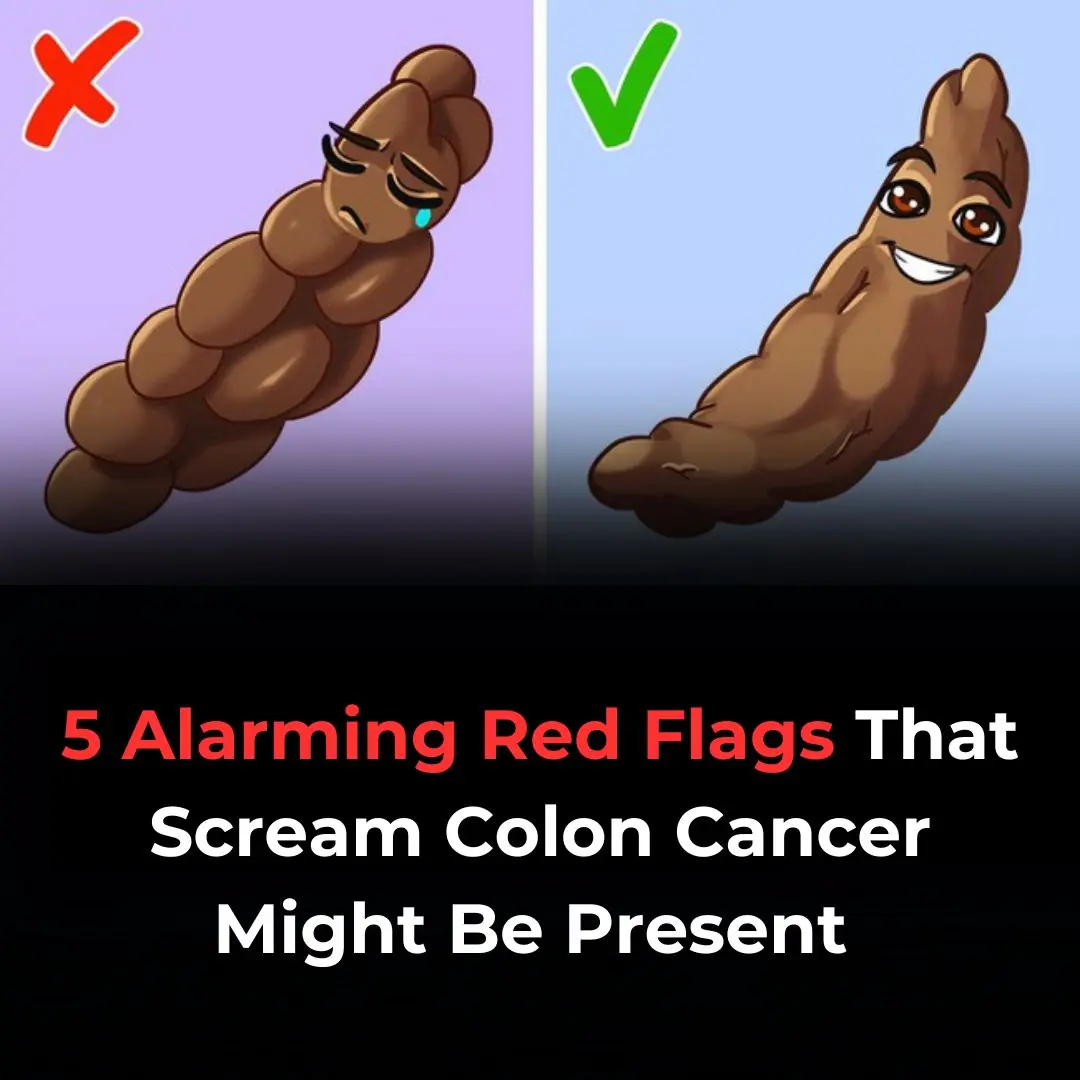
5 Concerning Red Flags That May Signal Colon Cancer

AM I WRONG TO BE ANGRY THAT MY 71-YEAR-OLD MOM SPENT MONEY ON A TRIP INSTEAD OF HELPING ME PAY MY BILLS?
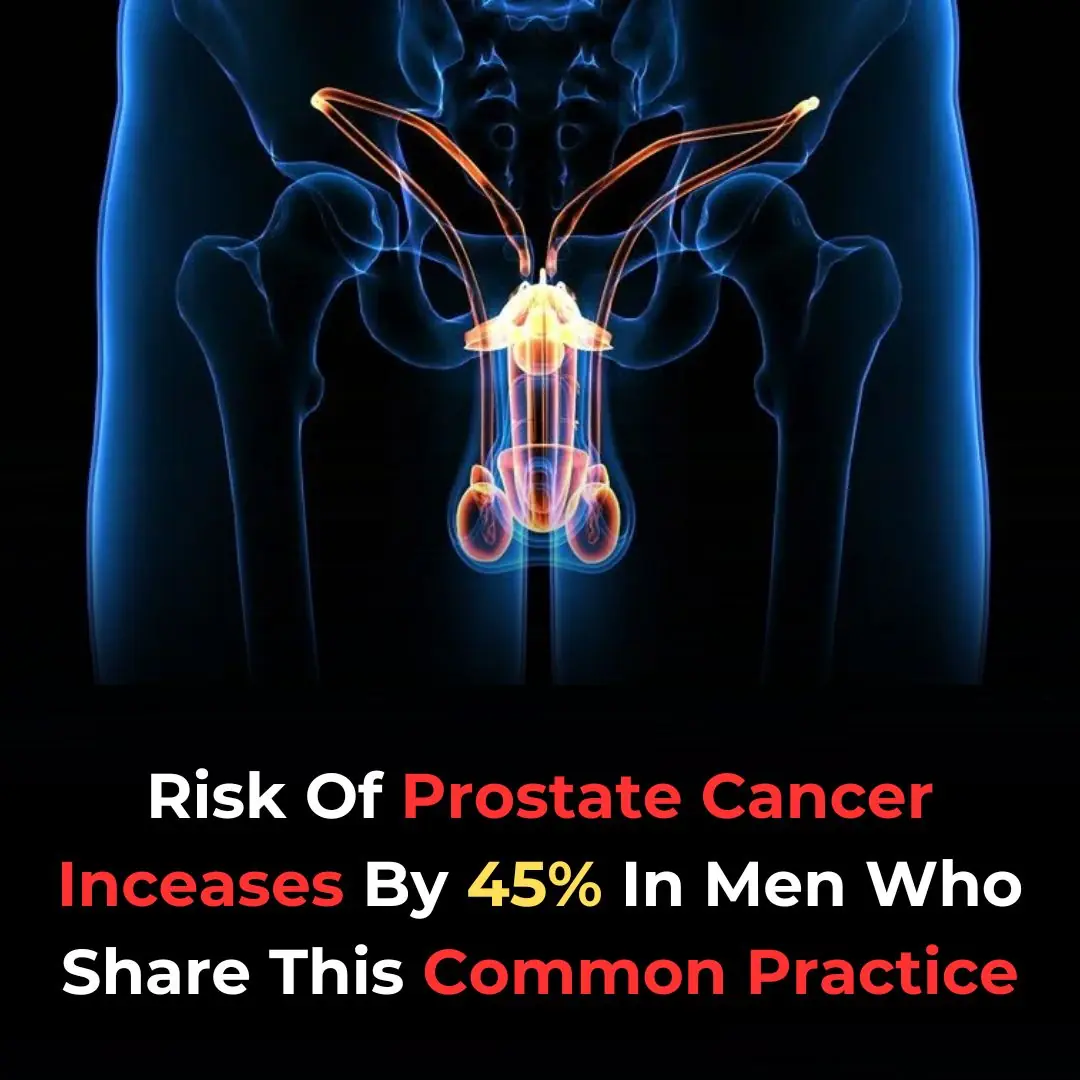
Risk Of Prostate Cancer Increases By 45% In Men Who Share This Common Practice

A wounded veteran picks up trash, as people whisper behind me.
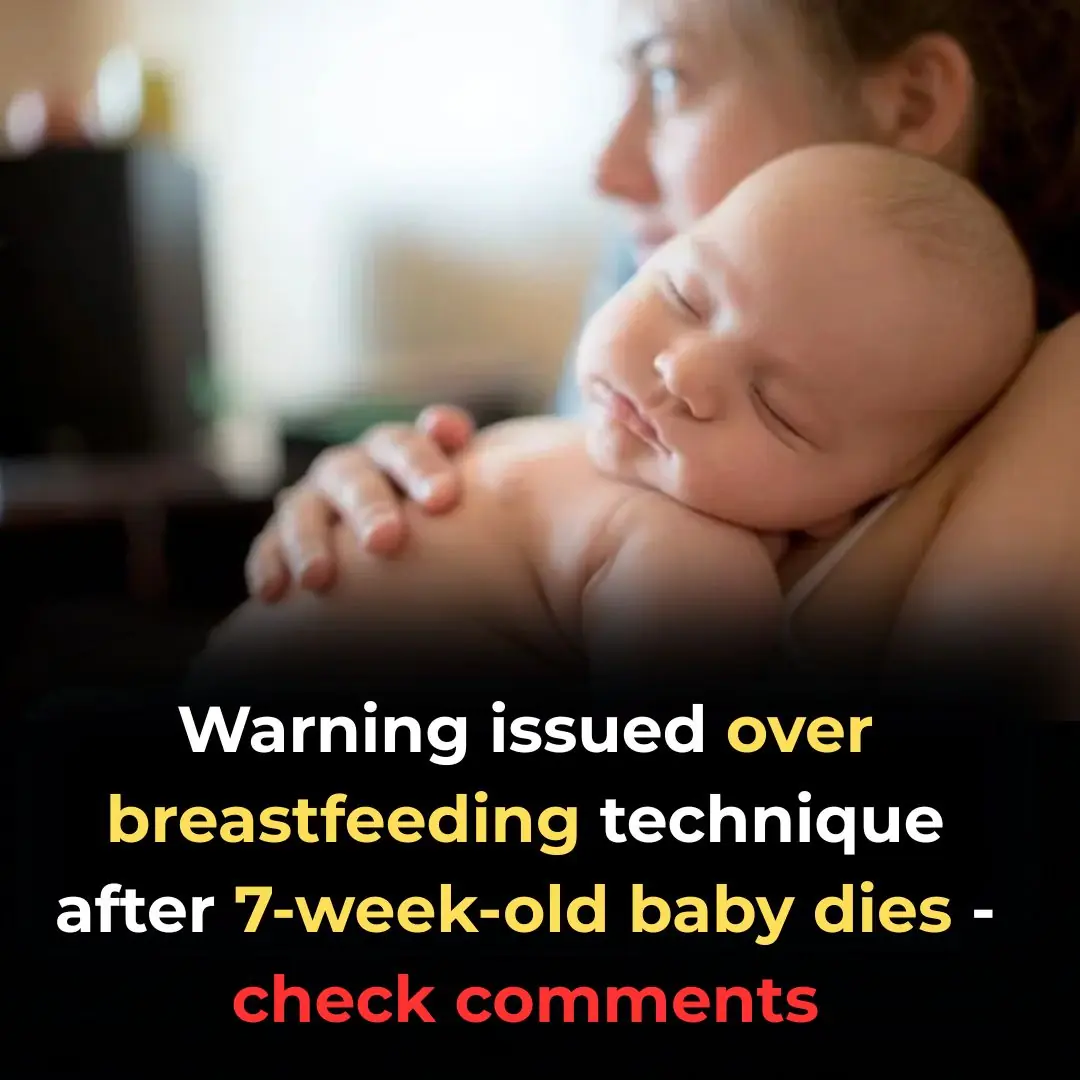
End-of-life nurse shares the most disturbing behaviors seen in those nearing death

I held her tight while she cried and wouldn’t let go.

**Say Goodbye to Skin Tags and Warts: Easy Removal with Hydrogen Peroxide**

My 8-year-old son insisted that we surprise our neighbor for her birthday, but we didn’t expect how she would react.
